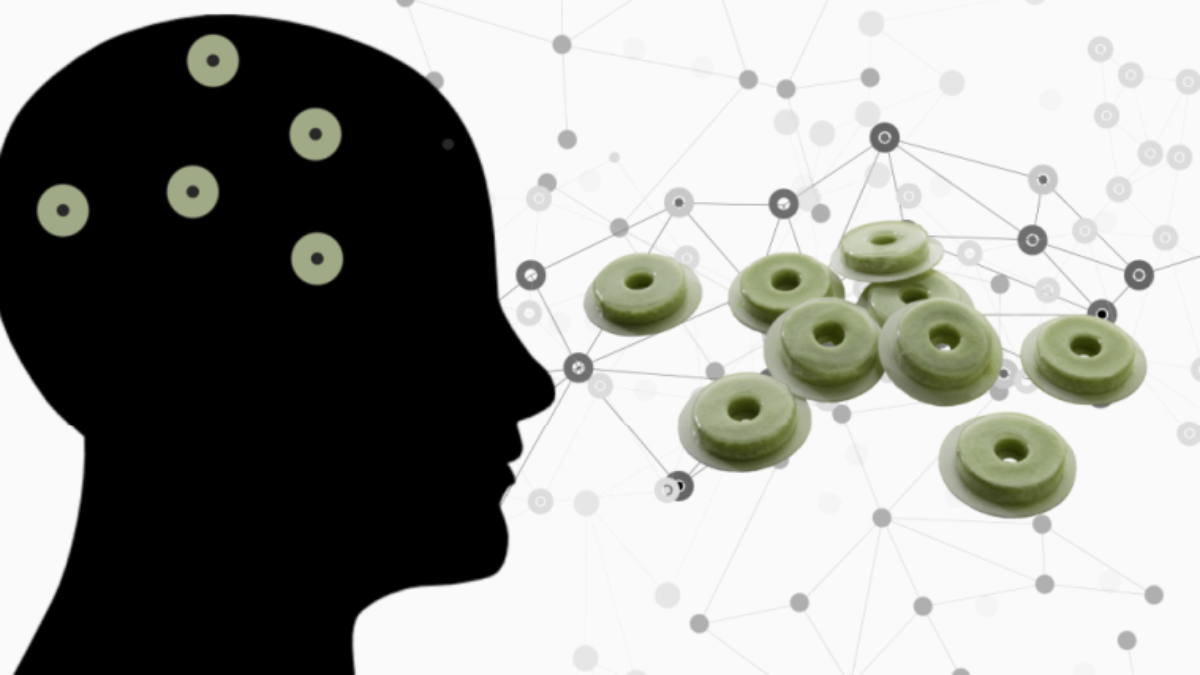Fiducial markers gained importance in the medical device industry as it added ease and accuracy to the surgical procedures. Skull fixated fiducial markers are used as points of reference in the field of view of an imaging system. This helps in providing a navigation integrated surgery with a 3-D map. Skin mounted fiducials and bone implanted fiducials are the main two modes of competing versions in markers. Bone implanted fiducial markers are gold seeds or stainless steel screws that act as radiologic landmarks. Cylindrical gold fiducials are commonly used as bone implanted fiducials for references, due to the high levels of contrast resulting in better accuracy. Skin mounted fiducials require normal sticking on to the anatomical fiducial points of the patient for preoperative registration. Registration is the central operation required to align the physical head and radiographic images of the patient prior to a surgery. Hence advancements for a better modality of preoperative registration has been taking place world wide.
What are the main complications and drawbacks caused while using fiducial markers in a brain
surgery?
Fiducial markers has become outdated and aren’t tolerated by some of the patients and surgeons due to the following reasons.
- Invasive surgical procedure:- The bone-implanted fiducials are invasive as it involves a scalp incision for each marker placement followed by screwing into the exposed bone.
- Fiducial localization error:-Fiducial localization is the process of estimating the geometrical position of a fiducial point, such as the centroid of a fiducial marker. Skin affixed fiducial markers are mostly prone to these errors when the skin moves, swells or shrinks, efficacy is based on the fixed position of the marker before and during the treatment.
- There are extra costs associated with Fiducial marker implantation. The implantation requires gold seeds, needle placement, and transrectal ultrasound. The consumables make the surgery even more pricey.
- Time consumption:- Added time is required in the operating room for the fiducial implantations. If the image is acquired pre-operatively with bone implanted fiducials then it requires a more complex workflow of imaging procedures with the implants, outside the operating room. Skin affixed markers have a simpler and easier workflow but the accuracy may or may not get affected as the skin is movable. Increased brain swelling/shrinkage or stretching of the skin by the pinning of the head on to the Mayfield are some examples.
Fiducial-less navigation systems have evolved with technical feasibility and standard automation procedures lately. easyNav is a fiducial-less and consumable-less navigation system that uses autoclaved patient trackers for pre-operative registrations. In this modality anatomical landmarks are taken on the prominent points of the physical head such as tragus, canthus and nose junction for point registration. The procedure is followed by surface registration for sub-millimeter accuracy. This mode of surgical navigation does not involve loss of potential time, discomfort caused to the patient or surgeon, expensive consumables and morbidity of extra-operative skull-fixated fiducial placement.
